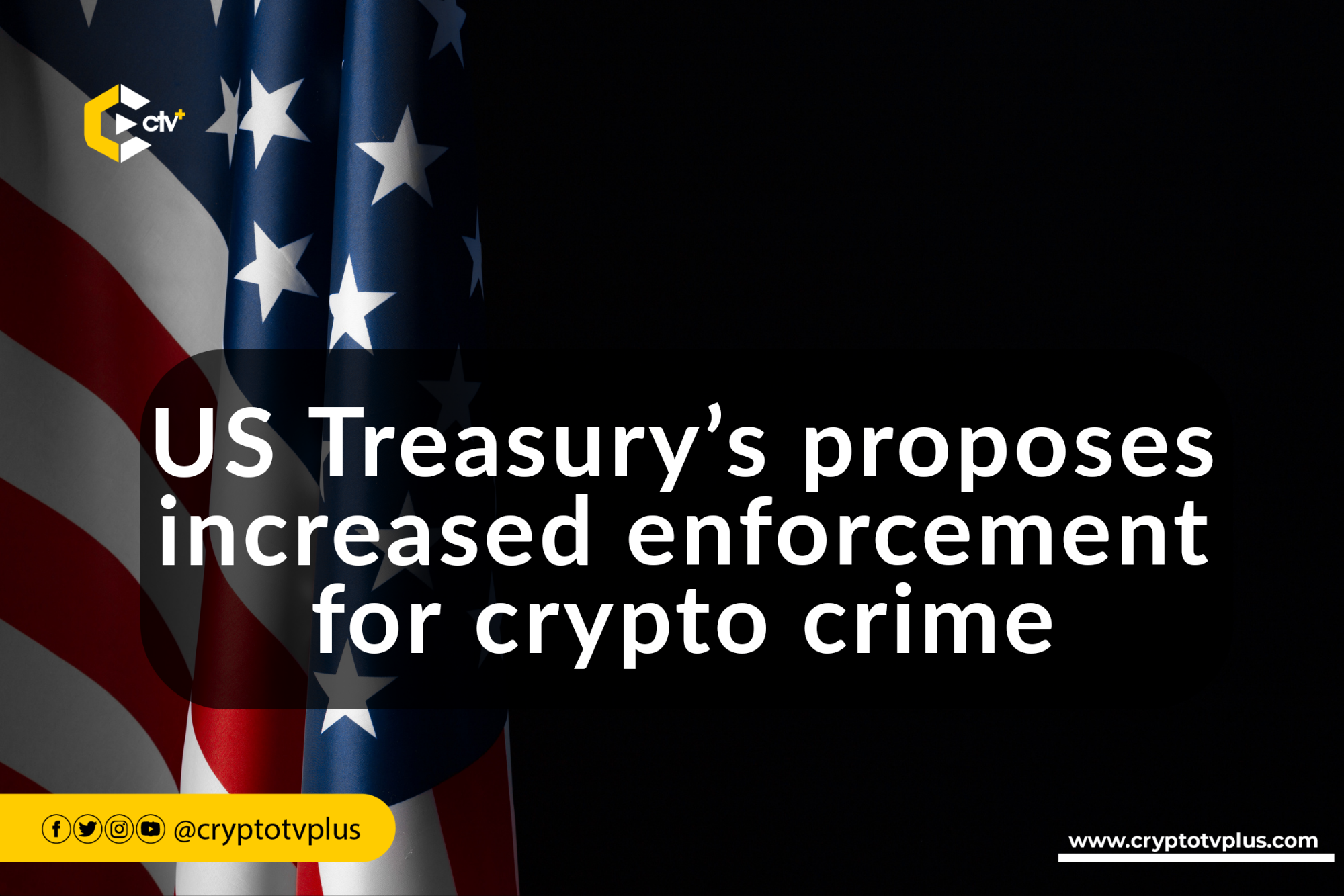News
US Treasury’s proposes increased enforcement for crypto crime

Adewale Adeyemo, U.S. Deputy Treasury Secretary, acknowledged that terrorists still largely rely on cash transactions but expressed concern about the growing role of cryptocurrency in illicit activities during his testimony before the Senate Banking Committee.
During his testimony on April 9, Adewale Adeyemo reiterated his push for increased enforcement powers for his agency before the Senate Banking Committee, specifically addressing countering illicit finance, terrorism, and sanctions evasion.
He presented three proposed reforms aimed at enhancing U.S. enforcement capabilities against international individuals and entities utilizing cryptocurrency.
In his most recent address to the Senate Banking Committee, Adewale Adeyemo expanded on the proposals outlined by the Treasury Department in November, calling for three key reforms to bolster the agency’s ability to counter nefarious actors using cryptocurrency to engage in illicit activities.
Adeyemo proposed introducing secondary sanctions that would target “foreign digital asset providers” engaging in illicit finance.
According to Adeyemo, while U.S. sanctions prohibit institutions from utilizing U.S. correspondent accounts and transaction processing via banks, crypto exchanges and money services may not always rely on such correspondent accounts.
He emphasized the necessity for a “new secondary sanctions tool” to address this gap in the current regulatory framework.
“We can clarify that our authorities can reach extraterritorially when digital asset entities harm our national security while taking advantage of our financial system.”
Adeyemo refrained from providing further details regarding the specific nature of the new secondary sanctions.
The Treasury is pursuing a second reform aimed at enhancing the powers of “existing authorities” to encompass oversight of the digital asset ecosystem.
Third, Adeyemo said, was “addresses jurisdictional risk from offshore cryptocurrency platforms.” He called the last point a “key challenge.”
He noted:
“There is clear overlap between these proposals and the bills coming out of this Committee.”
Adeyemo’s testimony drew from ongoing efforts by lawmakers such as Elizabeth Warren and Sherrod Brown, both known for their critical stance towards cryptocurrencies, to bring about more rigorous oversight of the digital asset sector.
In other news, OFAC sanctions has risen by over 1000%
Specifically, Adeyemo’s second proposed reform echoed the broad objectives of the Digital Asset Anti-Money Laundering Act of 2022, a bill that Warren and Brown introduced in the previous Congress and recently reintroduced in the current session.
To underscore the pressing need for expanded regulatory authority over digital assets, Adeyemo cited several examples of cryptocurrency’s use in illicit activities, including terrorist funding, North Korean cybercrime, and the fentanyl trade.
He conceded that “we continue to assess that terrorists prefer to use traditional financial products and services,” but cautioned, “We fear that without Congressional action to provide us with the necessary tools, the use of virtual assets by these actors will only grow.”
Prior to Adewale Adeyemo’s testimony, Senate Banking Committee Chair Sherrod Brown lent his support to the Treasury Department’s efforts to strengthen its enforcement capabilities in the face of evolving financial crime threats.
Ranking member Tim Scott commended the efforts of the Treasury Department, focusing primarily on foreign policy matters that he perceives as posing threats to U.S. security.












